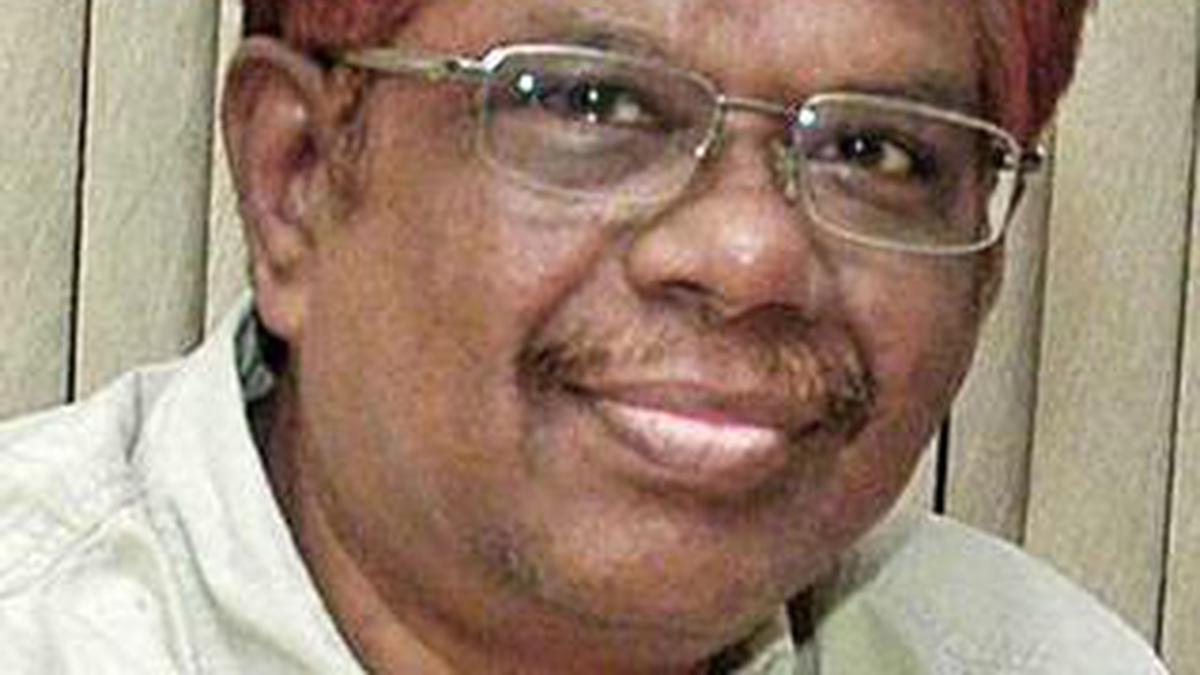
Governor has been committing ‘mistakes after mistakes’, say former Madras High Court judges
The Hindu
Retired High Court judges K. Chandru and D. Hariparanthaman say the Governor has absolutely no authority whatsoever either under the Constitution or under any statute to unilaterally dismiss a Minister
Tamil Nadu Governor R.N. Ravi has been committing “mistakes after mistakes” on the issue of continuation of V. Senthilbalaji as a a Minister without portfolio, says Madras High Court retired judge K. Chandru. According to him, the Governor can neither dismiss the Minister unilaterally nor can he seek Attorney General’s opinion on the issue.
The former judge said the Constitution does not empower the Governor to dismiss a Minister without a request emanating from the Chief Minister who alone could decide upon the members of his Cabinet and take a call on inclusion or exclusion. “It is elementary that the Governor cannot act independently on such issues,” he stressed.
Mr. Chandru said Article 164(1) of the Constitution, which states that the Governor shall appoint the Chief Minister and that other Ministers shall be appointed on the advice of the Chief Minister, was similar to Article 75(1) that deals with the appointment of the Prime Minister by the President and other Ministers on the advice of the Prime Minister.
While interpreting Article 75(1), the Supreme Court in Manoj Narula versus Union of India (2014) refused to add a disqualification prohibiting legislators with “criminal antecedents” from being sworn in as Ministers. A five-judge Bench had left it to the wisdom of the Prime Minister to take a call in accordance with the constitutional expectations from him/her.
The verdict was delivered on August 27, 2014 by the then Chief Justice of India (CJI) R.M. Lodha and Justices Dipak Misra, Madan B. Lokur, Kurian Joseph and S.A. Bobde. While Justice Misra penned the judgment for himself as well as the CJI and Justice Bode, Justices Lokur and Joseph gave individual reasons for concurring with the majority.
In that verdict, Justice Misra wrote: “At this stage, we must hasten to add what we have said for the Prime Minister is wholly applicable to the Chief Ministers too, regard being had to the language employed in Article 164(1) of the Constitution.” Therefore, the law as on date is that none but the Chief Minister could decide the members of his Cabinet, Mr. Chandru said.
When asked about the Governor having subsequently kept his dismissal order in abeyance and decided to seek opinion from the Attorney General on the advice of the Union Home Minister, the former judge said: “This is the second mistake committed by the Governor. Being the Governor of a State, he can only seek opinion from the Advocate General, not the Attorney General.”











